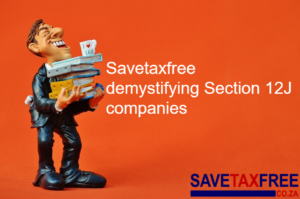Poor financial literacy holds back many South African savers
Related Articles
Zeona Jacobs | 05 July 2016
Encouraging a savings culture in South Africa is one of the key goals set out by the National Treasury, and it has put in place many measures to make it easier for citizens to save. However, the country’s overall savings rate remains quite poor, even compared to other emerging markets.
This can largely be attributed to poor financial literacy among most of the country’s population, says Zeona Jacobs, Director for Marketing and Corporate Affairs at the JSE. “As a country we need to do better to encourage people to save and invest and eventually lessen the burden on the government’s pot. In order for our economy to grow, more people need to take action in their personal finances and take the first steps to invest – it is never too late,” says Jacobs.
She cites misconceptions about the JSE as an example. “Many people around dinner tables and braais think the JSE is owned by a handful of wealthy people. Yet, the JSE is the place where most people’s pensions are most likely invested.” The largest investors on the JSE are retirement funds, managed on behalf of people with unit trusts, or a retirement fund at their workplace.
Another misconception is that one needs lots of money to participate on the JSE. “Many people also do not know they can invest on the JSE through a tax-free savings account (TFSA) for as little as R300 per month which enables them to get access to the stock market through a wide range of exchange-traded funds (ETFs). These are funds that track the performance of the stock market, so investors do not need to make any hard decisions about where to move their money and when to do so, and neither are they exposed to costly performance fees,” says Jacobs.
To date, more than 20 000 TFSA accounts have been opened on the JSE, investing in the range of 39 ETFs with over R200 million in assets under management. “We believe there is scope for a lot more growth in this area, but we need savers to take an active part in their financial futures by equipping themselves with the necessary knowledge and by asking their brokers and advisors the right questions, ” says Jacobs.
For more information on financial and investment terminology and how to start investing, visit www.jse.co.za.
This article appeared first on FA News






